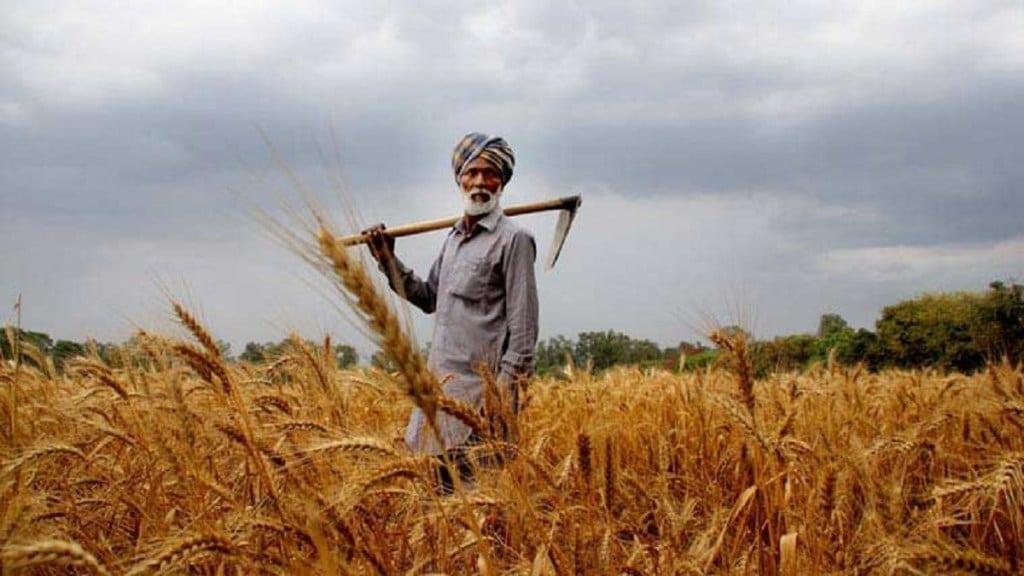Several policies by the Centre and state governments are working at cross purposes which is hurting farmers’ interests, destroying soil fertility, depleting groundwater, polluting rivers and the environment with nitrous oxide emissions, the survey has stated, referring to subsidies and financial incentives provided to farmers on water, electricity and fertilisers.
The survey noted that while the minimum support price (MSP) of 23 selected commodities is offered by centre, direct cash benefits of Rs 6000 annually through three equal installment is offered to farmers under Pradhan Mantri Kisan Samman Nidhi (PM-kisan) at the same time both centre and state governments write off farmers’ loan.
“The payoff will be immense if we untie the knots that bedevil farm sector policies,” it has stated.
The survey pitched for smallholder farmers’ to move to high-value crops – fruits and vegetables, fisheries, poultry, dairy and buffalo meat as their incomes cannot be increased by producing rice, wheat, millets, pulses and oilseeds. “Once the incomes of smallholders increase, they will demand manufactured goods, spurring a manufacturing revolution,” it noted.
For promoting investment in technology, production methods, marketing infrastructure, and reduction in post-harvest losses, the survey has stressed for focus on post-harvest infrastructure and the development of the food processing sector can reduce wastage and increase the length of storage, which would ensure better prices for the farmers.
“The survey captures the opportunity in agriculture where an increase in farmer incomes can have a cascading impact on overall consumption in the country where more than 40% of the population is employed in this sector,” Anand Ramanathan, partner and consumer products and retail sector leader, Deloitte India, said.
On the government banning futures or options trade in the commodity exchanges at the first sign of spikes in prices, the survey has recommended creation of ‘intelligent’ regulatory design of such a market which can obviate the need for bureaucratic interference in the futures market for agricultural commodities.
The finance had imposed a ban on future trading in seven commodities – non-basmati paddy, wheat, chana, mustard seed, soyabean, crude palm oil and moong since December 2021 aimed at combating inflation which had been extended till December, 2024.
The survey has stated that an export ban on agricultural commodities should be invoked only under ‘exceptional circumstance’ and allowing domestic consumers to substitute, especially if the agricultural commodities in question are not essential consumption items such as foodgrains.
The government last year imposed a ban on onion exports which was lifted in May this year after the imposition of $ 550/tonne minimum export price and export duty of 40%. “Farmers should be allowed to benefit from higher international prices”, it noted.
The survey has pitched for introduction of crop-neutral financial incentive structure by stating that grains such as rice and sugarcane are water-guzzling crops and cultivation of paddy lead to methane emission.

